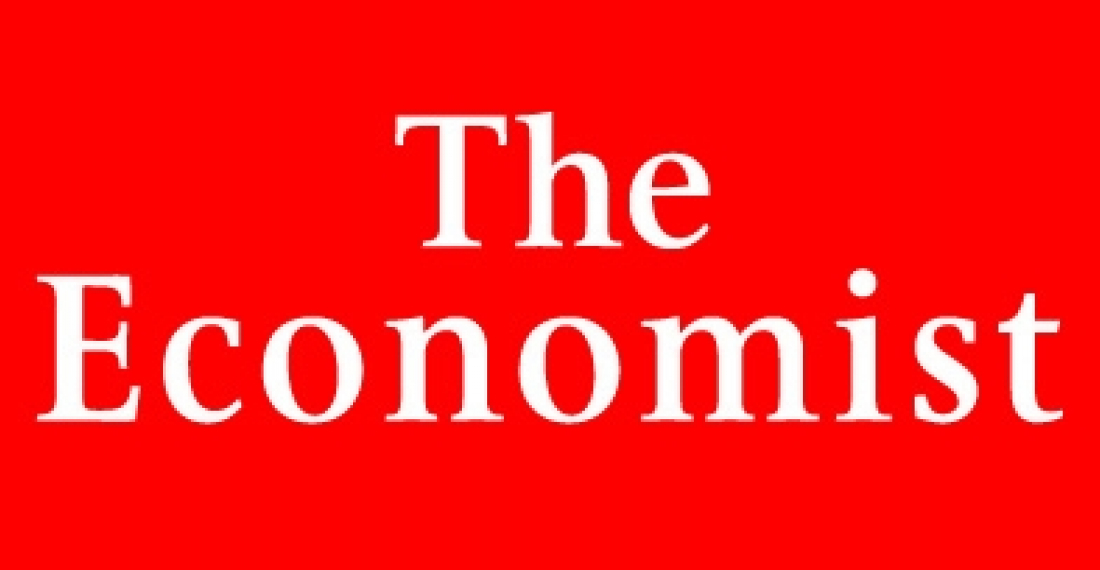Если даже общая критика о внешней политики Турции преувеличена, то конкретизированная критика более близка к истине: бесполезно заявлять во всеуслышание, что политика направлена на стремление к созданию «нуля проблем с соседями» и при этом не прилагать конкретных усилий для решения застарелых проблем с Арменией и Кипром. Об этом говорится в статье «Османский мечтатель», опубликованном во влиятельном британском журнале «Экономист».
В статье отмечается, что активный сторонник внешней политики Турции, коим является премьер-министр Реджеп Таииб Эрдоган, владеет рычагами давления, и они далеки от дешевого популизма. «Переменчивые и иногда автократические инстинкты Эрдогана не способствуют созданию осторожной дипломатии, как и его недавние враждебные обвинения в споре с греками-киприотами и Израилем о правах на добычу нефти и газа в Восточном Средиземноморье. Поскольку опять-таки подтверждаются сложные отношения с Сирией, Ираном, Ираком, Турции необходимо достичь политического решения с курдами на своей территории, если она хочет играть позитивную роль в регионе. Однако Эрдоган похоже движется назад к чисто военному решению конфликта с повстанцами из курдской рабочей партии», - отмечается в статье.







